Investigate potential roles such as IoT engineer, IoT architect, data analyst, and IoT security specialist, ensuring diverse job avenues in the dynamic field of Internet of Things.
Career and Job Opportunities after completing M.Tech in Internet Of Things
A Master of Technology (M.Tech) in Internet of Things (IoT) is a specialized degree program that equips graduates with advanced skills and knowledge in the field of IoT. IoT is revolutionizing industries by connecting everyday devices to the internet and enabling them to collect and share data. Graduates with an M.Tech in IoT are well-positioned for exciting career opportunities in this rapidly growing field. Here are some of the career and job opportunities available to them:
M.Tech in Internet Of Things Career Opportunities
-
IoT Solution Architect: IoT solution architects design and plan IoT systems and networks. They choose appropriate hardware and software components to create robust IoT solutions that meet specific business needs.
-
IoT Developer: IoT developers write code to create IoT applications and firmware for devices. They work on the software aspects of IoT projects, including data collection, communication protocols, and data analysis.
-
IoT Security Specialist: IoT security specialists focus on ensuring the security and privacy of IoT systems. They develop security measures, protocols, and encryption techniques to protect data and devices from cyber threats.
-
IoT Data Analyst: IoT data analysts are responsible for collecting and analyzing data generated by IoT devices. They extract valuable insights from this data to inform decision-making and optimize processes.
-
IoT Product Manager: IoT product managers oversee the development and launch of IoT products and services. They work closely with engineering teams, marketers, and stakeholders to define product features and strategy.
-
IoT Consultant: IoT consultants provide expertise to organizations looking to implement IoT solutions. They assess the needs of businesses, recommend IoT strategies, and help with project implementation.
M.Tech in Internet Of Things Job Opportunities
-
Technology Companies: Leading tech companies like IBM, Cisco, Intel, and Microsoft are actively involved in IoT and offer a variety of job opportunities for graduates, including roles in IoT development, architecture, and research.
-
IoT Startups: The IoT startup ecosystem is thriving, providing opportunities for innovative projects and job roles across various aspects of IoT, from hardware to software development.
-
Manufacturing Industry: Manufacturers use IoT to optimize production processes, monitor equipment performance, and enhance supply chain management. IoT professionals can work in roles related to industrial IoT.
-
Smart Cities: Many cities are adopting IoT to improve services and infrastructure. Graduates can work on projects related to smart transportation, energy management, waste management, and public safety.
-
Healthcare Sector: IoT is used in healthcare for remote patient monitoring, medical device management, and health data analysis. IoT professionals can work in roles related to health.
-
Agriculture: IoT is transforming agriculture through precision farming and smart agriculture practices. Opportunities exist for IoT professionals to work on projects related to tech.
-
Energy and Utilities: The energy sector uses IoT for efficient resource management and grid optimization. IoT professionals can work on projects related to energy management and sustainability.
-
Retail Industry: Retailers use IoT for inventory management, customer analytics, and improving the shopping experience. IoT professionals can work in roles related to retailtech.
-
Smart Home and Consumer Electronics: Companies developing smart home devices and consumer IoT products offer job opportunities for IoT professionals in roles such as IoT firmware development and product management.
-
Transportation and Logistics: IoT is used in transportation and logistics for vehicle tracking, route optimization, and supply chain management. Graduates can work in roles related to IoT in transportation.
 2 Years
2 Years
 Post Graduate
Post Graduate
 Engineering
Engineering
 Full Time
Full Time



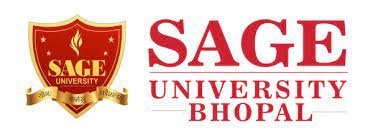


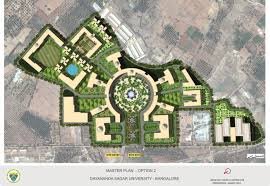



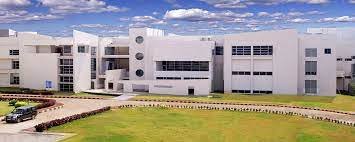


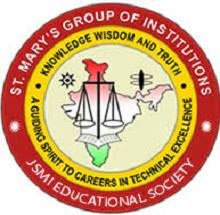

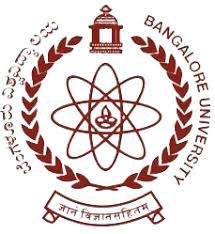

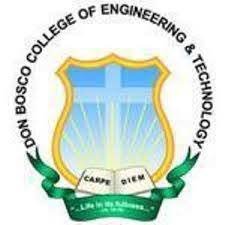



 back
back